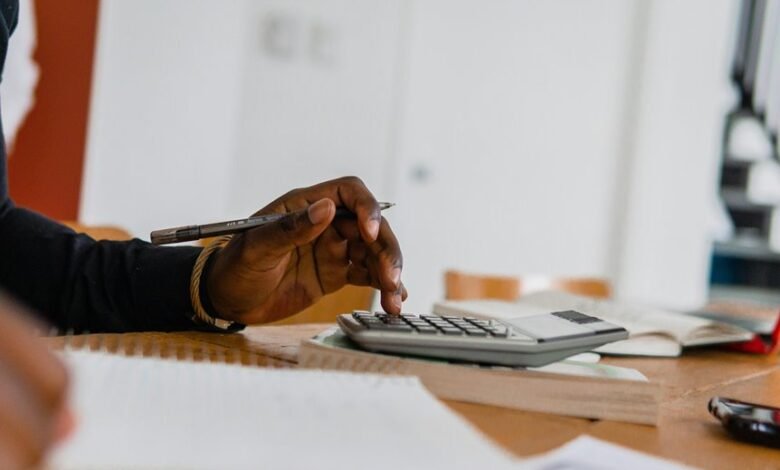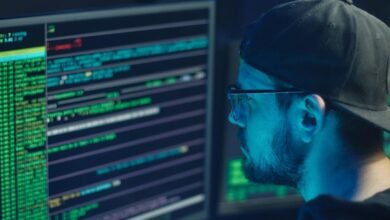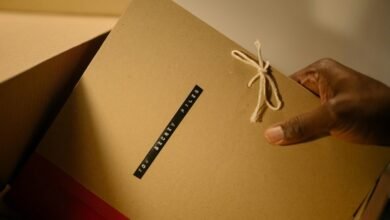Reverse Number Check and Analysis 3509823250 3509896376 3511440559 3275997834 3295587236 3882505667

Reverse number checks serve as essential tools for individuals seeking to identify unknown callers. The analysis of specific numbers, such as 3509823250, 3509896376, and others, can reveal critical information about their origins and potential legitimacy. Utilizing systematic approaches and various resources enhances personal safety and helps mitigate risks associated with unsolicited communications. However, the implications of these findings can extend beyond mere identification, prompting deeper considerations about privacy and security.
Understanding Reverse Number Checks
Reverse number checks serve as a critical tool in various fields, including telecommunications, finance, and data analysis.
By employing reverse lookup techniques, professionals can efficiently trace the origins of phone numbers and validate their authenticity.
Number validation methods further enhance credibility by ensuring that the data processed is accurate and reliable, ultimately empowering users to make informed decisions while safeguarding their interests in an interconnected world.
Analyzing Specific Phone Numbers
When examining specific phone numbers, analysts often employ a systematic approach to uncover vital information regarding the number’s origin, ownership, and usage patterns.
This entails phone number validation processes that confirm the legitimacy of the number. Additionally, caller identification techniques are utilized to ascertain the identity of the caller, enhancing the understanding of communication dynamics and enabling informed decision-making for personal safety and privacy.
Tools and Resources for Reverse Number Lookup
To effectively conduct a reverse number lookup, individuals and analysts rely on a variety of tools and resources designed to streamline the process and enhance accuracy.
Key among these are reverse lookup services that access extensive online databases, providing detailed information about phone numbers. These services facilitate quick identification of callers, ensuring users can make informed decisions regarding communications.
Implications of Reverse Number Analysis
Although reverse number analysis serves as a powerful tool for identifying unknown callers, its implications extend far beyond mere identification.
Privacy concerns arise as personal data may be exposed during searches, potentially compromising individual security.
Furthermore, the accuracy of data retrieved can vary significantly, leading to misinformation.
Thus, while useful, users must navigate the balance between identification and safeguarding their privacy.
Conclusion
In conclusion, while the quest for clarity through reverse number checks might seem straightforward, the labyrinth of anonymity often leads to unexpected revelations. Ironically, the very tools designed to safeguard personal privacy can sometimes unearth more questions than answers, leaving individuals entwined in a web of curiosity and caution. As fraudsters evolve, so too must the strategies for identifying them, suggesting that the search for security in communication is a paradoxical journey of both vigilance and vulnerability.




